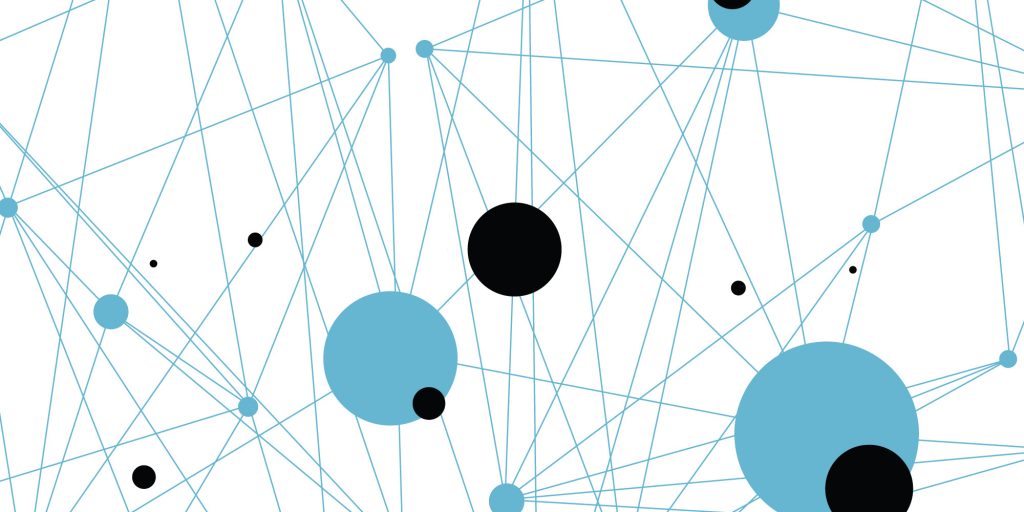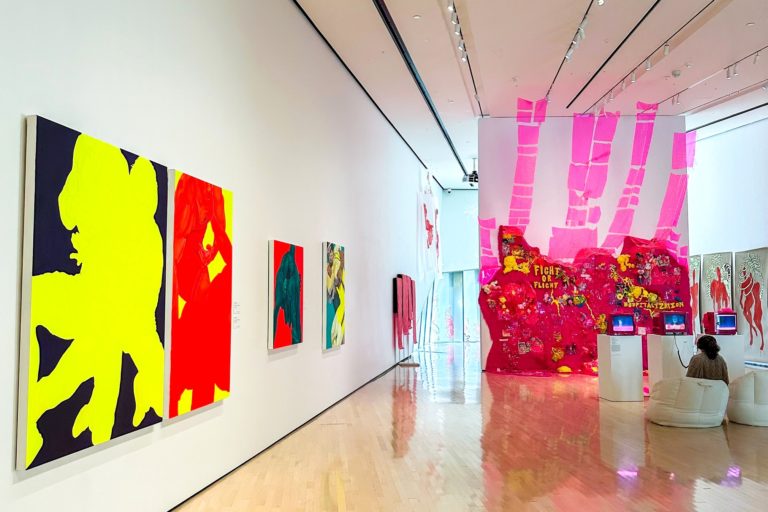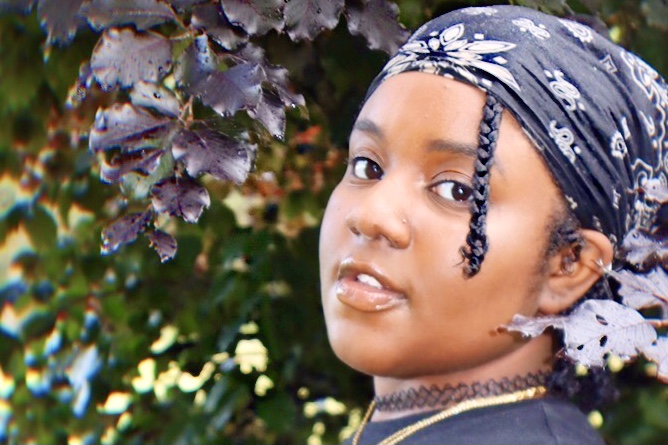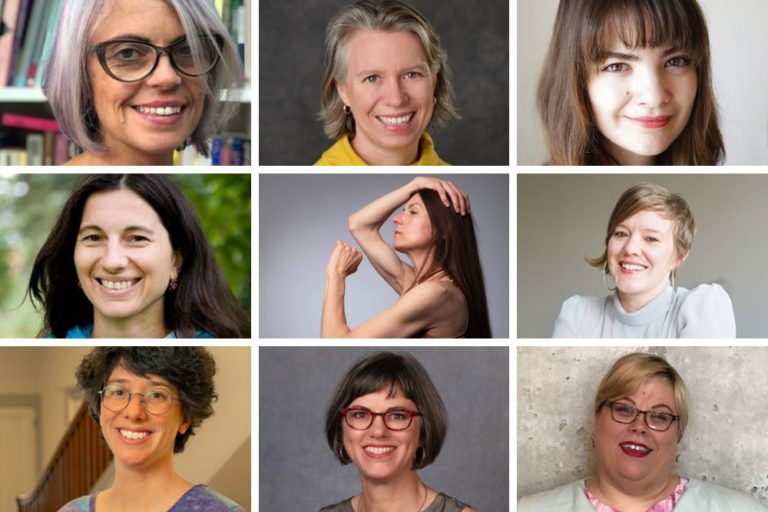
MSU’s Digital Humanities Program is once again hosting a symposium on global digital humanities to continue the conversation that began last year. The second annual Global Digital Humanities Symposium, scheduled for March 16-17 at the MSU Union, will feature a mix of local, national and international speakers.
“One of the important things about this symposium is that we are really trying to incorporate as many views as possible,” said Kristen Mapes, Digital Humanities Coordinator for the College of Arts & Letters, who is helping organize the event. “Last year it started a conversation and this year the goal is to bring more voices into that conversation and to deepen it.”
“We want to be a place that’s inclusive and are facilitating and encouraging work from scholars from farther afield.”
Kristen Mapes
Michigan State University has been intentionally global for more than 60 years, with more than 1,400 faculty involved in international research, teaching and service. For the past 20 years, the University has developed a strong research area in culturally engaged, global digital humanities. Today, many scholars in the humanities at MSU are engaged in digital projects related to global, indigenous, and/or underrepresented groups and topics.
“The symposium is an important way to make the wide variety of DH work that’s happening at MSU visible to the larger community of DH and also to ourselves,” said Steve Rachman, Interim Director of the Digital Humanities Program, who is helping organize the event. “When I attended last year’s symposium, I was surprised and delighted to learn of the work going around the world in DH, but I was even more surprised to learn of the exciting projects going on right here. This year’s conference will continue that trend.”
Symposium organizers not only want to showcase the work being done at MSU, but also want to shine a spotlight on DH work around the world.
“We want to be a place that’s inclusive and are facilitating and encouraging work from scholars from farther afield,” Mapes said. “In that spirit, when we select speakers, we find a balance between bringing in people from outside of MSU as well as highlighting folks from within MSU.”
Symposium Speakers
This year’s keynote speakers include one from India and another from MSU. They are:
- Elizabeth LaPensée, Assistant Professor at MSU with a dual appointment in the Department of Media and Information and Department of Writing, Rhetoric and American Cultures
- Padmini Ray Murray, a faculty member at the Srishto Institute of Art, Design and Technology in Bengaluru, India, where she runs the Digital Humanities program
Along with the keynote speakers, the symposium will include 15-minute presentations, lightning talks, panel discussions, and a workshop that will focus on different ways to incorporate activism into digital humanities. The two-day event will conclude with a reception.
“We need to try to find a way to do that so that it’s related to the topic at hand while being active, proactive and productive.”
Kristen Mapes
“Besides Elizabeth LePensee’s keynote, the lightning talks will feature presentations by our students. In this way, our curricular initiatives of expanding courses in DH bear fruit in new scholarship,” Rachman said. “Also, as it is important that digital humanities embrace diversity of geographic, demographic and scholarly dimensions, it has become crucial to find occasions to showcase this diversity if only to keep abreast of all the exciting work going on all over the world. We want MSU to be on the cutting-edge of these developments and the symposium is a vehicle for this.”
There isn’t a specific theme this year to allow for a variety of topics to be covered. However, Mapes says the content of the symposium is so related to the issues at the forefront of our politics right now that they need to be addressed in some way.
“We need to try to find a way to do that so that it’s related to the topic at hand while being active, proactive and productive,” Mapes said.
Other DH Events at MSU
Michigan State University is hosting two other digital humanities events during the same week. Besides the Global Digital Humanities Symposium, the campus is hosting a meeting of the Big Ten Academic Alliance Digital Humanities Summit as well as the annual meeting of the Advanced Research Consortium (ARC), a consortium of institutions and groups that run websites that bring together digital projects in different subject areas. Both these meetings are scheduled for March 18-19.
“There is this unique confluence of things, which is really exciting,” Mapes said. “It’s a special year for digital humanities at MSU. Because of this, there will be people who will be able to attend the Global DH Symposium because they will be traveling to MSU for these other events. It’s definitely helping to draw people to the symposium from beyond the local area that we may have not had otherwise.”
Live Streaming
For those who can’t make it to the Global Digital Humanities Symposium, it will be live-streamed again this year.
“We were able to live stream the entire event last year,” Mapes said, “and that is something we will continue to do so that we can engage folks from other parts of the world and people who can’t come for a variety of reasons.”
Organized by the College of Arts & Letters Digital Humanities Steering Committee, the symposium is primarily supported by MSU’s College of Arts & Letters. Other sponsors include the Department of History; Department of Linguistics and Germanic, Slavic, Asian, and African Languages; Department of English; Department of Romance and Classical Studies; Muslim Studies Program; Global Studies in the Arts and Humanities; Graduate School; MATRIX; the Hub; and MSU Libraries.
“The symposium is in conjunction and in the same spirit of the critical diversity in the digital age cluster hire that the College of Arts & Letters recently announced,” Mapes said. “A lot of the ethos of what we are trying to accomplish with that hire and that initiative, even though they weren’t created together, are really in the same spirit.”
The symposium is free, but registration is required. The registration deadline is Friday, March 10.
For more information or to register for the symposium, visit the Global Digital Humanities Symposium website.


